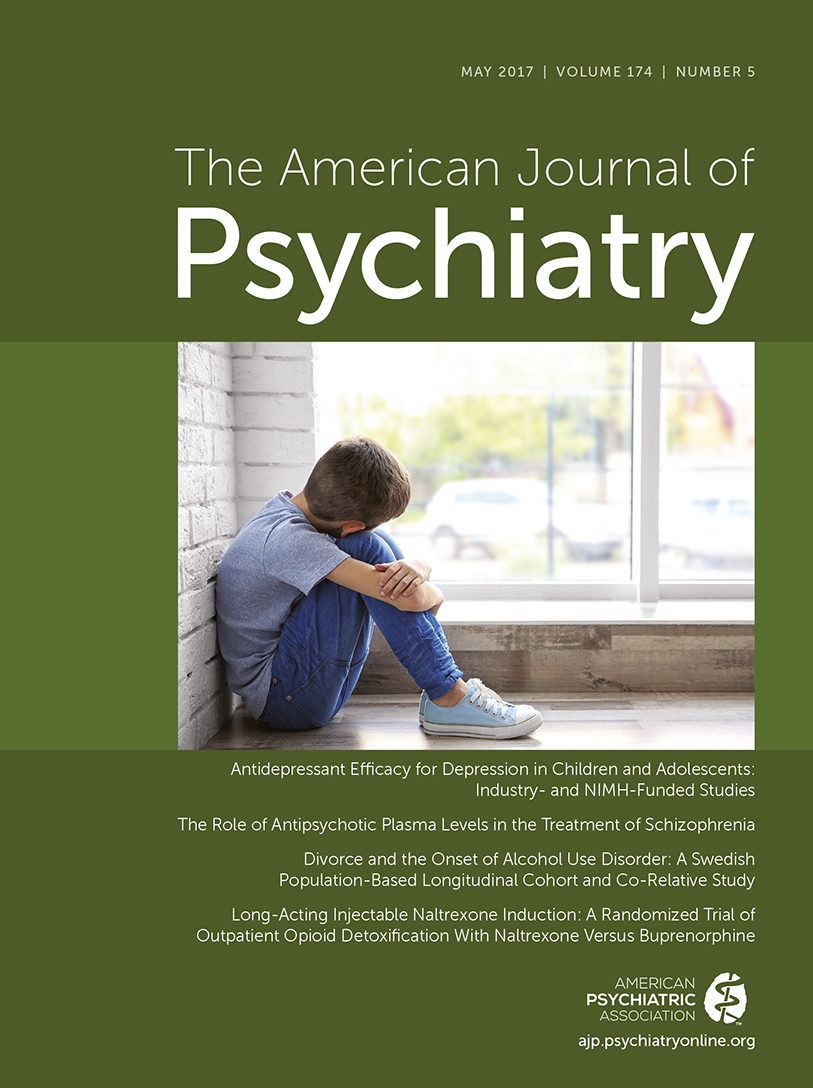Antidepressant Efficacy for Depression in Children and Adolescents: Industry- and NIMH-Funded Studies
Abstract
Significant controversy surrounds the efficacy of the newer antidepressants for children and adolescents with depression. The controversy largely hinges on meta-analyses of studies that suggest that antidepressants are minimally effective, not effective, or equivalent to placebo. In this review, the author discusses several scientific and clinical complexities that are important to understand in reviewing the antidepressant literature: the strengths and weaknesses of meta-analyses; the scientific and regulatory context for the large number of antidepressant trials in the late 1990s and early 2000s; and the distinction between a negative trial, where the treatment does not demonstrate efficacy, and a failed trial, where methodological problems make it impossible to draw any conclusion about efficacy. It is the premise of this review that meta-analyses that include the large number of industry-sponsored antidepressant trials distort the picture of antidepressant efficacy for teen depression. Industry-sponsored child and adolescent depression trials suffer from a number of implementation challenges and should be considered failed trials that are largely uninformative and not eligible to be included in efficacy meta-analyses. In contrast to the industry-sponsored trials, depression trials funded by the National Institute of Mental Health (NIMH) (N=2) are characterized by many methodological strengths, lower placebo response rates (30%−35%), and meaningful between-group differences (25%−30%) that support antidepressant efficacy. The NIMH-funded trials, taken together with the demonstrated efficacy of the serotonin reuptake inhibitors for childhood-onset obsessive-compulsive disorder and the anxiety disorders, suggest a broad and important role for antidepressant medications in pediatric internalizing conditions.



